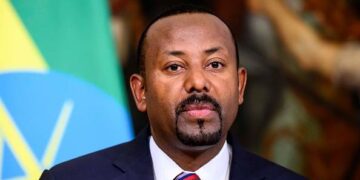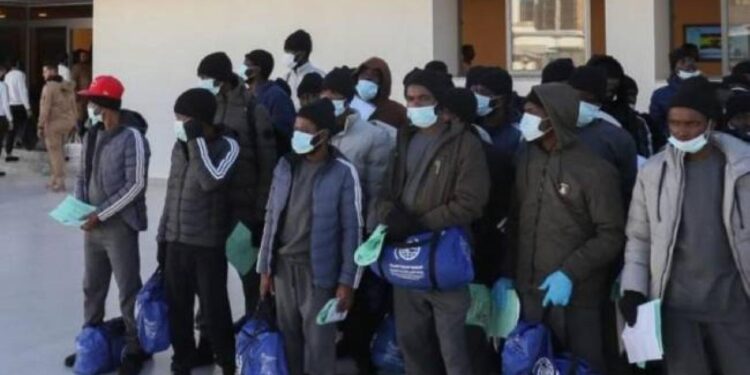By Emmanuel Nduka
The United Kingdom has deported 43 Nigerian nationals as part of a renewed crackdown on illegal immigration and efforts to remove foreign offenders from the country.
The move is in line with the government’s “Plan for Change” strategy, which aims to enforce immigration laws more strictly and restore public confidence in the system.
According to a statement released on Friday via gov.uk, the deportees included 15 failed asylum seekers and 11 individuals classified as foreign national offenders who had completed their prison terms. In addition, seven people voluntarily returned to Nigeria, while the remaining deportees had overstayed their visas or violated immigration rules.
This latest deportation flight — the second to Nigeria and Ghana since the last UK general election — brings the total number of individuals returned to these countries to 87.
Officials say the flights reflect closer cooperation with Nigeria in addressing irregular migration and removing those without legal right to remain in the UK. Since the current administration took office, more than 24,000 people have been deported, marking an 11% increase from the same period last year. Deportations involving criminal offenders are also up by 16%, with 3,594 removed so far.
UK authorities emphasized that all deportations are conducted “in a dignified and respectful manner,” with international partnerships playing a key role.
Angela Eagle, the Minister for Border Security and Asylum, stated: “This flight demonstrates how international partnerships deliver on working people’s priorities for swift returns and secure borders. We’re restoring order to a broken system and accelerating the return of those who have no right to remain.”
She also thanked the Nigerian and Ghanaian governments for their cooperation, which she said highlights a shared commitment to combat organised immigration crime.
Baroness Chapman of Darlington, the Foreign, Commonwealth & Development Office Minister responsible for Irregular Migration, added that international collaboration is essential to tackling migration challenges, citing recent high-level talks involving over 40 countries focused on breaking smuggling networks and improving border security.


































